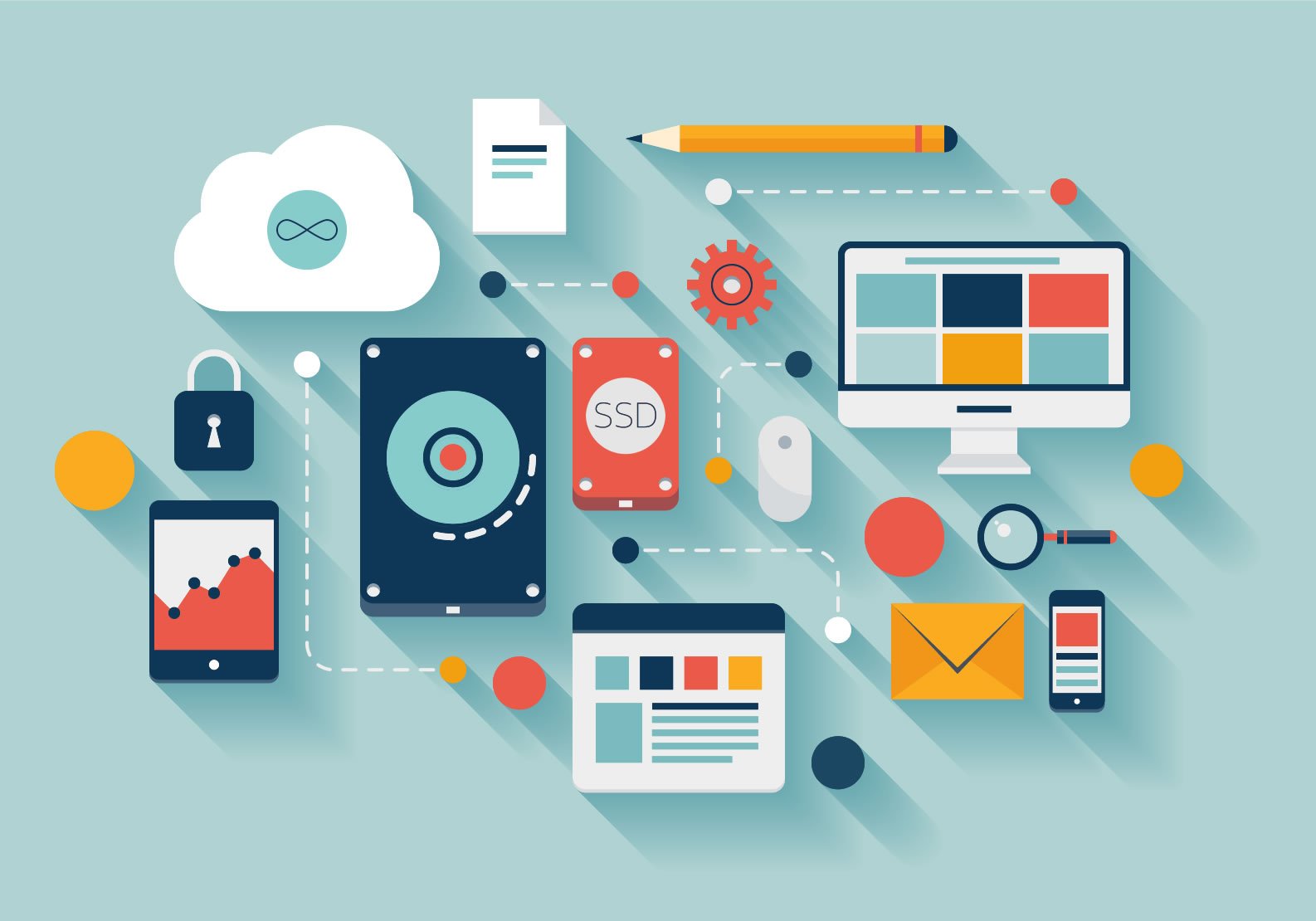Some years back, Artificial Intelligence consisted of a computer chess game which could compete against chess masters, beat them and show how robots learn. Since then AI has progressed in leaps and bounds and now the kind of intelligence AI tools can give to us has no limits.
Deep Learning in mobile apps

Machine Learning and AI are not new concepts in the space of mobile apps even now - Facebook face detection, Apple Siri, Google Now, they all rely on these areas to function. Deep learning is simply AI capable of learning and adapting to changing inputs around it. These inputs can be the user's GPS location, camera inputs, past search history. The kind of information a mobile phone provides is phenomenol - the way you commute, your commute path, the stores you visit and even your health data - it can all be tracked through your phone. The deep learning neural networks can react correctly to this incoming data and provide better results. Over time, the network learns and gets better at providing relevant results. The real challenge lies with developers to interpret this data quickly and effectively to provide value to users.
With the help of deep learning, shoppers can be shown the best deals in the aisle they are currently browsing based on their needs and purchasing history. Travellers can be provided travel "plans" for their itenarary based on their preferences. Health care providers can be guided to analyze clinical data more effectively based on the patients vital stats and inputs - the possibilities are endless and waiting to be explored.
Deep learning can help developers create mobile apps that can anticipate user behavior instead of just relying on user inputs to function. While smartphones have been very effective in recording data, deep learning now gives us a way of using this information.
Looking at getting a smart mobile app for your business? NewGenApps has been a leader in adopting latest technologies to make our clients' projects successful.

IoT trends that are influencing the market
It is evaluated that there will be more than 30 billion IoT gadgets by the end of 2020. With the expanding patterns of IoT gadgets and their...


